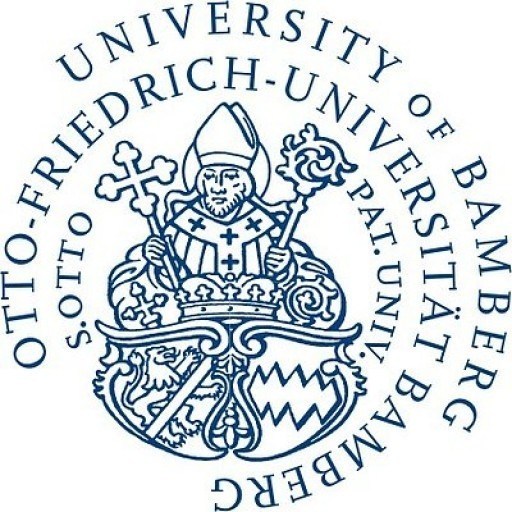Photos of university
The Bachelor of Arts in Social Anthropology at the University of Münster offers students a comprehensive and in-depth understanding of human societies, cultures, and social structures across the globe. This dynamic program is designed to explore the diversity of human life and to analyze social phenomena from a variety of perspectives rooted in cultural, historical, and theoretical contexts. Throughout the course of study, students engage with key issues such as identity, globalization, social change, kinship, religion, and political organization, gaining critical analytical skills and a nuanced understanding of social dynamics.
The curriculum balances theoretical foundations with practical methods, equipping students with qualitative and quantitative research skills essential for ethnographic fieldwork and data analysis. Students have the opportunity to study diverse societies through immersive fieldwork, lectures, seminars, and independent projects, fostering a deep appreciation for cultural differences and similarities. The program emphasizes interdisciplinary approaches, integrating insights from archaeology, linguistics, history, and sociology to provide a holistic view of human societies.
Designed for those interested in understanding contemporary social issues, the program prepares graduates for careers in research, NGOs, international organizations, cultural management, and education. It also promotes intercultural competence and critical thinking, qualities increasingly important in a globalized world. Students benefit from the university’s strong international network, access to diverse research resources, and support from active faculty members who are engaged in pioneering anthropological research. Upon completion of the Bachelor's degree, students are well-equipped to pursue advanced studies or enter various professional fields that require a deep understanding of social and cultural contexts worldwide.
Educational organisation
Modules one to six offer lectures, tutorials and seminars on the cultural foundation of sociality, on research methods as well as on regional specialisations (e.g. South East Asia, Southern Asia). Module seven is scheduled for the research project (archival research, fieldwork/internships/practical training, theoretical MA thesis: literature research) which is concluded with a thesis and a viva.Forms of assessment
Seminar papers, written and oral examsCourse objectives
The acquired competences include a perceptive awareness of cultural constructions of identity and differences and a profound knowledge of diverse social and cultural settings. Moreover, the course imparts skills in fieldwork methodologies and in drafting and implementing empirical research projects. Successful students will be able to contribute to innovative developments in social anthropological theory, to transfer social anthropological knowledge both to scholarly audiences and to the general public and to impart skills in orientation, decision-making and informed action in culturally unfamiliar social situations.Language requirements
Students must show proficiency in the English language - the level required is C1 (CEFR).Academic requirements
Bachelor's degree in social/cultural anthropology, ethnology or in a discipline containing a MAJOR (!) social anthropological component, see the institute's homepage for further details.Enrolment fees
Social semester fee of 240 EUR per semester, including a semester ticket covering public transport for the greater Münster area and the German federal state of North Rhine-WestphaliaCosts of living
Approx. 700 EUR per month to cover accommodation, insurance, and personal expensesServices and support for international students
The International Office connects international students from all departments.http://www.uni-muenster.de/en/international_students/index.html
Accommodation
Please see: http://www.uni-muenster.de/en/international_students/exchange/living/index.htmlfor the privat market see e. g. http://www.wg-gesucht.de/en/








